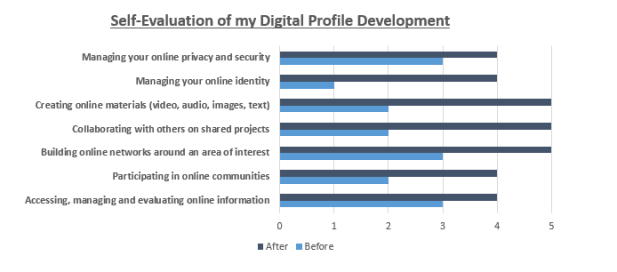
Farewell to UOSM 2008
What have I learnt from UOSM2008?
Previously, I held the opinion that learning could only be achieved through formal avenues such as lectures and seminars, however, through engaging in discussions on Twitter and interacting with fellow students in the comments of blog posts, the module has shown that personal learning networks can come in a variety of forms.
Continue reading →










